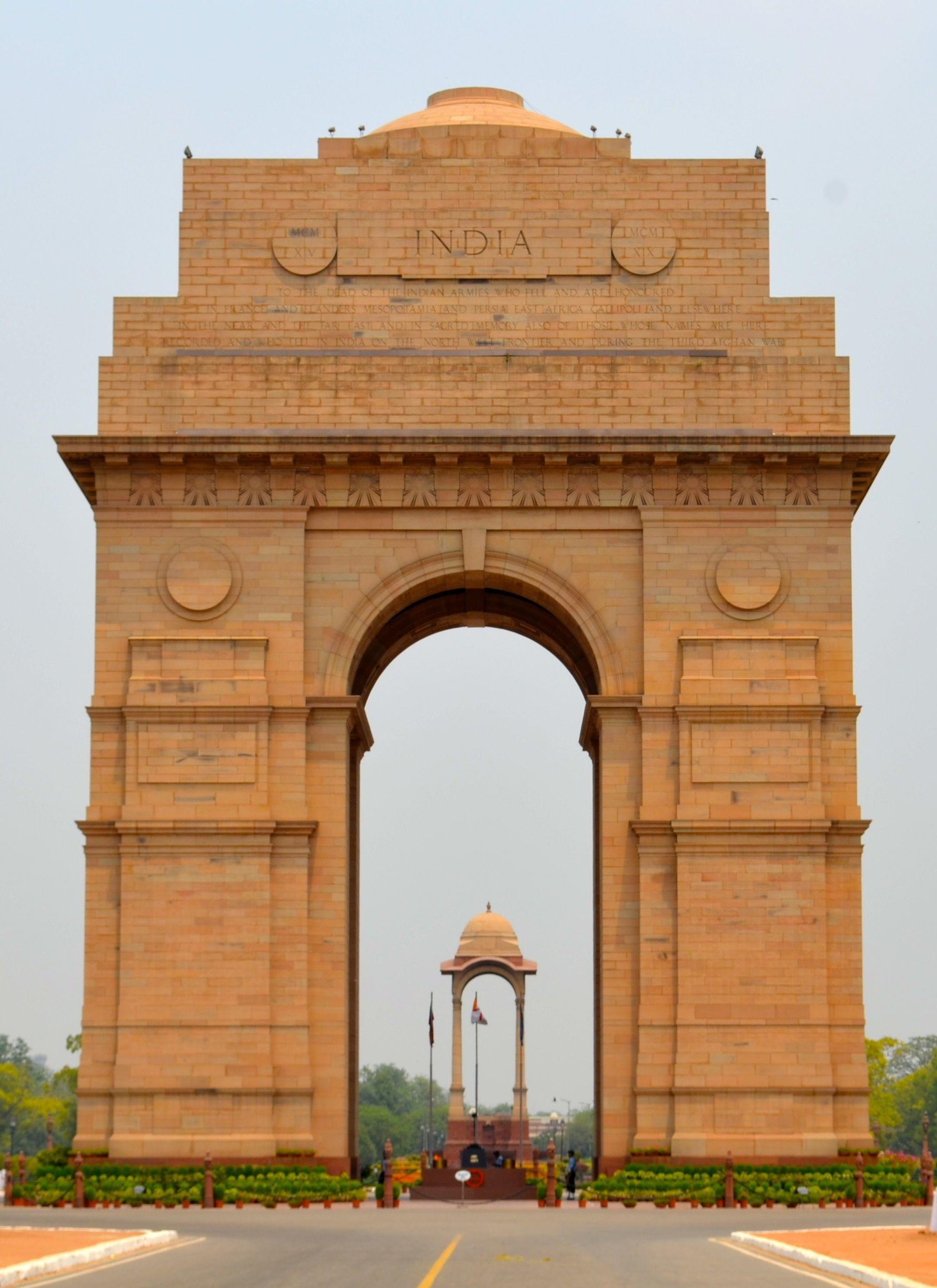
WASHINGTON — Concerns are mounting in Asia that the wars in Ukraine and Israel are depleting U.S. stockpiles of weapons and ammunition, leaving it in a weaker position to defend Taiwan against a potential Chinese offensive.
Experts point out that while there is some overlap, the weapons needed to fight a land war in Ukraine, or fend off short-range rockets from Gaza, are different from what would be needed in a maritime conflict in the Taiwan Strait. However, the Iran-backed, Lebanon-based militia Hezbollah could be a game changer.
If Hezbollah joined the war and launched a missile assault from north of Israel, that would create a direct trade-off with the weapons needed in the event of a Taiwan contingency, analysts told Nikkei Asia.
Jennifer Kavanagh, a senior fellow at the Carnegie Endowment for International Peace, said that the Israel-Hamas war in Gaza is limited in scale and “probably doesn’t create too much of a problem for the United States to resource.”
For comparison, while 6,000 to 8,000 rounds of ammunition could be used each day in Ukraine, the Israeli Defense Forces would use around 5,000 a week. “It would present the U.S. a challenge, but it will be doable, given that the U.S. is ramping up production already,” she said.
But sophisticated, long-distance cruise missiles were only available in the early stages of the war. “As these inventories are depleted, aircraft must use shorter-range munitions and accept more risk,” the report said.
Kelly Grieco, senior fellow at the Stimson Center, said, “We have a primacy hangover and we still think this is the 90s, when the United States was at the peak of its relative power, and we can do all of this. But ultimately, if we’re serious about the Indo-Pacific, that means that we have to prioritize.”
The U.S. will have to be honest about the trade-offs, Grieco said. “There’s always trade-offs in strategy. If the United States is serious about the Indo-Pacific and about deterring China, then it’s going to have to reconcile its goals with its available needs and that sometimes requires hard choices,” she said.
Would this present an opportunity for China to act on Taiwan?
Kavanagh said it would not, but it may give Beijing “additional flexibility” to be more aggressive in the region. “That could be a little bit of what you’re seeing with confrontations with the Philippines over Second Thomas Shoal,” she said. “They feel that they have a little bit more leeway, or at least they might be interested in sort of testing the boundaries of how far they can push.”



